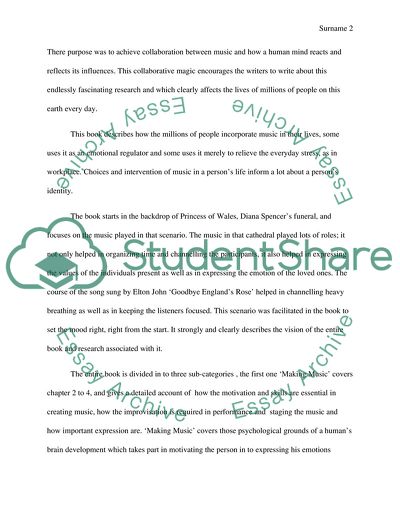Cite this document
(Music Psychology in Music and Mind in Everyday Life Essay, n.d.)
Music Psychology in Music and Mind in Everyday Life Essay. https://studentshare.org/music/1827928-music-psychology-book-review
Music Psychology in Music and Mind in Everyday Life Essay. https://studentshare.org/music/1827928-music-psychology-book-review
(Music Psychology in Music and Mind in Everyday Life Essay)
Music Psychology in Music and Mind in Everyday Life Essay. https://studentshare.org/music/1827928-music-psychology-book-review.
Music Psychology in Music and Mind in Everyday Life Essay. https://studentshare.org/music/1827928-music-psychology-book-review.
“Music Psychology in Music and Mind in Everyday Life Essay”. https://studentshare.org/music/1827928-music-psychology-book-review.


